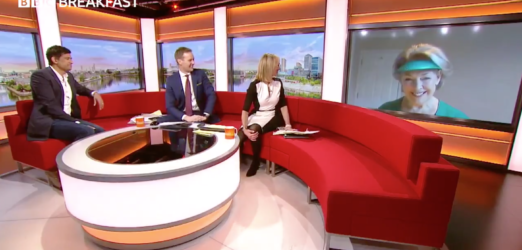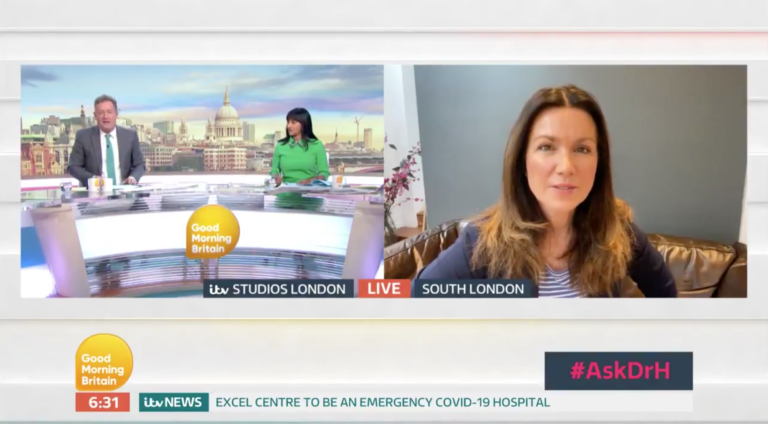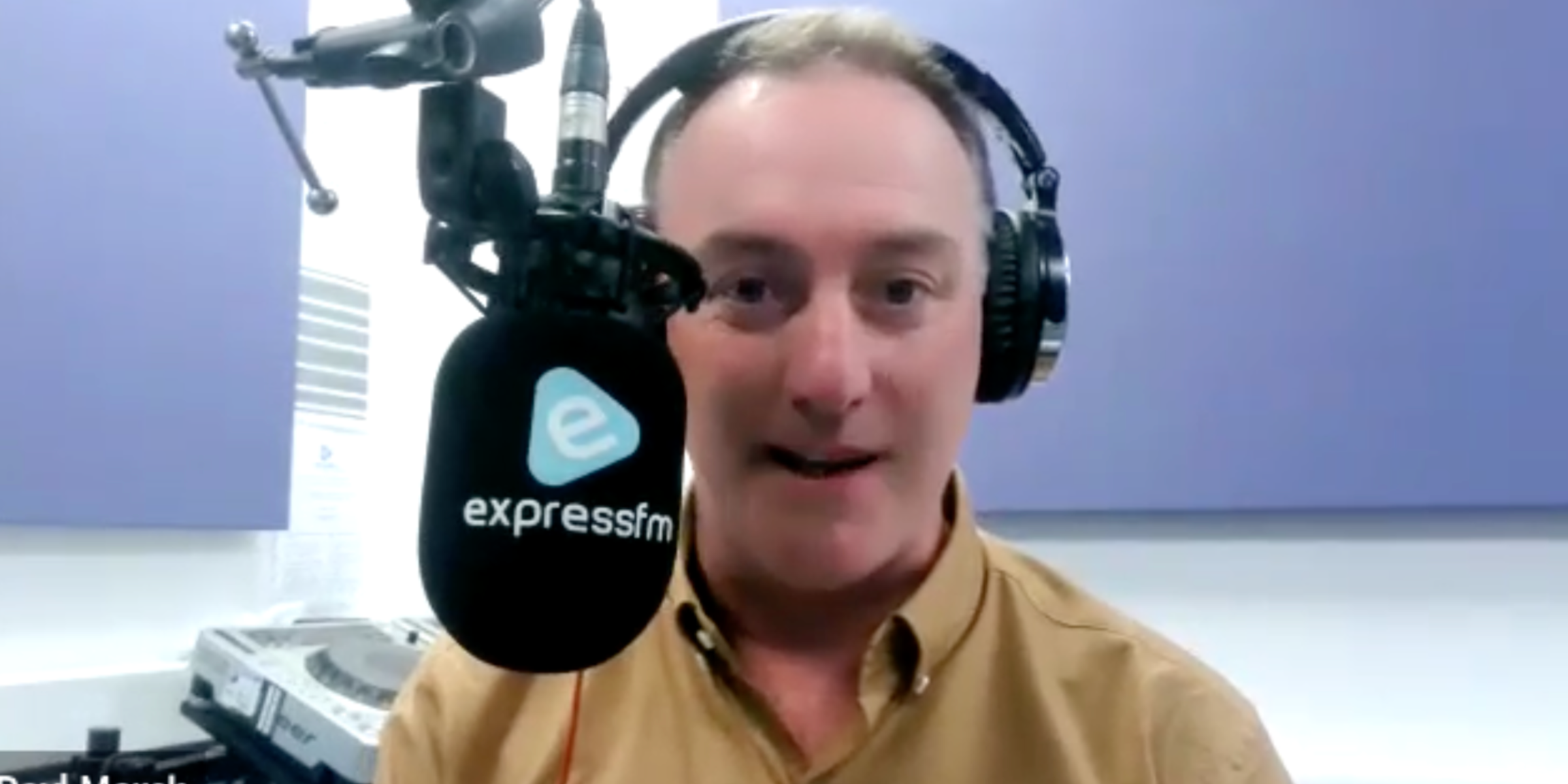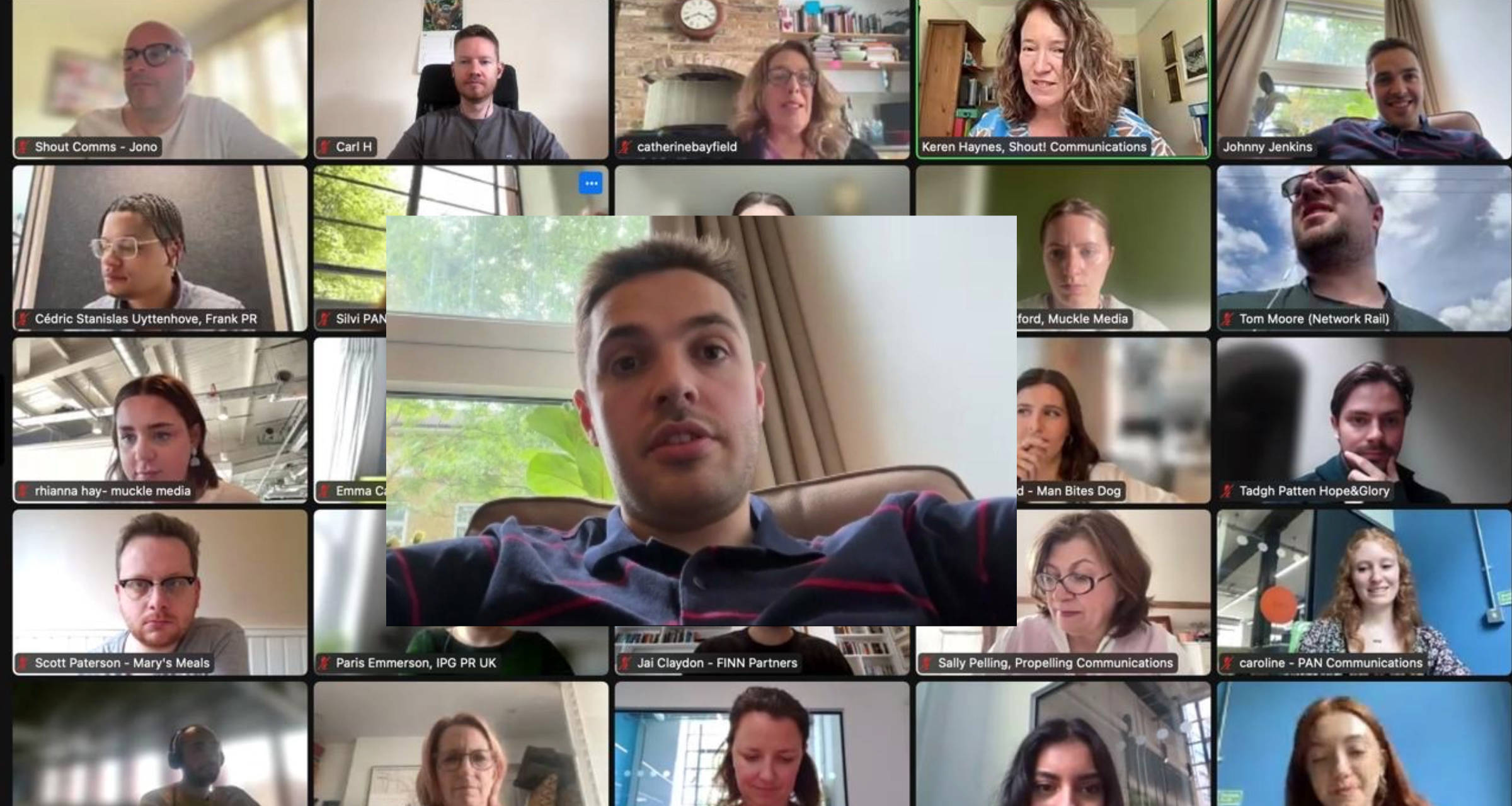It’s a bit like Brexit
Obviously, given recent developments Coronavirus is going to be in every news bulletin. With lives at risk of course it overshadows a story like Brexit but I make the comparison because it is likely to share a similar timescale.
It might not seem likely this week, or even next, but there will come a point when broadcasters and their audiences want to hear about other news too.
The current situation
As with any big, on-going story, of course Coronavirus coverage does make it very challenging to place other stories on-air. But,story fatigue is inevitable and there is already, on some stations, an appetite for other news, in contrast to the ongoing big story. Word has come down from high at the BBC for example, instructing regional stations to find the local, Corona related feel-good stories in their patch. That could be a community initiative, a grassroots charity or a local business – worth drilling down in your client list though to see if you have a brand that fits that bill.
As you’d expect, national news is dominated more by Coronavirus, but regional news is ringing the changes on non-Coronavirus stories too. Thursday and Friday last week we secured 13 and 16 interviews for radio days we ran. And today you might hear a story about the state of our roads – that has 11 interviews booked in, most that have happened as I write this. That’s less than we’d normally get, but really not bad considering. All is not lost!
What a lock-down will mean for broadcast PR
Life goes on – but not as we know it. Producers of news and daytime programmes have already made moves to stop contributors coming into their studios and even some presenters have had a go at hosting their programme from home.
Not today or tomorrow, but sometime in the next week or two, more gaps are likely to appear in the national radio and television news schedules. To keep their audience interested and engaged, the media are going to need more than just the big story. Of course we want and need to know about latest developments concerning Coronavirus, but we also need a reminder of normality! That means opportunities to appear on air will still be there, but the way they are accessed is likely to change.
Fitness, mental health and anything inspirational will go down a treat. But there will also be an appetite for professional service stories – think lawyers, bankers, bike manufacturers and retailers. Yes bike shops have apparently being allowed to stay open – I heard that on either LBC or the Today programme this morning.
Technology is the answer
Skype (for TV) and phone interviews (for radio) are now totally acceptable for interviews Of course, broadcasters prefer quality sound/HD vision but, more importantly, they need a wide variety of contributors and this is the compromise.
Radio days
Our radio days are still going ahead, including one this morning. But there’s no need for anyone to go anywhere. Radio day spokespeople will be able to take part in interviews from home.
If possible use a landline phone rather than a mobile one as the sound quality is better. Skype is also good, depending on the quality of your broadband. If the interview is not going out live, a radio station may ask you to record the interview yourself on Voicenotes or similar on a mobile phone, then send them the audio file. They’ll record the interview too, as back-up, but a mobile phone recording will be better quality than a landline recording – so have a practice at hitting the record button.
We still produce the radio day, but remotely from our producer’s home. This is something we’ve done many times before, but on account of a different reason, normally when a client wants the interviews to take place in a studio outside London. We will allow a bit more time between interviews, just in case, but other than that there will be no difference to our normal service.
Television PR opportunities
For television, Skype is the way forward. Like “down-the-line” interviews, you need to remember to look directly at the (laptop or PC) camera; consider what’s behind you and try to ensure there’s no background noise. If your broadband isn’t good enough for Skype then a phone interview might be possible – try to have a suitable head and shoulders shot of the spokesperson ready to use, just in case of such a scenario. Have a look at our website for more tips and recommendations – we have lots of blogs and resources there.
Post Coronavirus
Yes there will come a time! And once the crisis is over all the brands and businesses that have suspended campaigns now will be competing to get on-air. Of course these are challenging times, but come April we think the appetite for other stories will increase. That’s why we’re saying, right now, it’s still worth running a broadcast campaign, rather than waiting to compete with all the other stories that are holding off to post Coronavirus.
What’s happening at Shout! Communications
The team are all working remotely and for the duration of the lockdown we have closed our London studio. We are fully equipped however to continue nearly all of our services in some form or other remotely. The most straightforward is media relations for radio, TV and video placement online. We have experience of and can offer media training by Skype. Potentially we can help with podcast production but would consider video production on a case by case basis.
Our workshops are also continuing but as free webinars. Email Fay@shoutcommunications.co.uk for details. As many of you know tomorrow was our Big Talk and sadly that has been postponed.
Feel free to call myself or the team at any point – we will always try and give you frank and honest advice. It would be lovely to hear from you. Our office phones are all diverted to mobile numbers.




